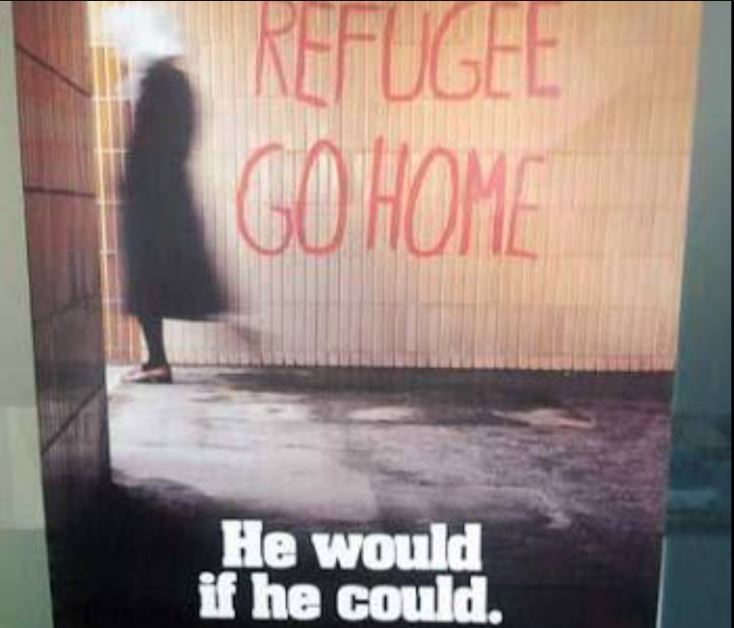Every day, as I walked past the UN Refugee Agency (UNHCR) on my way to work at the UN Development Programme in N'Djamena, Chad, I noticed a poster on the door with two messages: "Refugee go home" and "He would if he could."
Currently, there are 108 million refugees worldwide, with 70 percent residing in neighboring countries of their country of origin (Refugee Council, 2024). Interestingly, 76 percent of all refugees are hosted by low- and middle-income countries. Turkey, Iran, and Colombia top the list of countries hosting the most refugees (UNHCR, 2024). However, it is mainly wealthy countries that complain the most, especially when it comes to brown or black refugees with a religion other than Christianity.
The racist treatment of refugees is a painful reality, but I focus on the refugee in the poster in N'Djamena. He does not want to be a refugee but prefers to return home.
Politicians, media, and organizations, including a significant number of violent Christian groups, often avoid discussing the fact that most refugees simply want to return home. Why is it not possible for them to return? Are we giving this enough consideration?

Refugees often flee due to a lack of economic opportunities for development, which quickly leads to violence. This lack of opportunities is perpetuated for decades by unfair subsidies in wealthy countries, often benefiting inefficient farmers, making it impossible for farmers in poorer countries to compete and sell their products in the international market. Furthermore, access to these markets is hindered by high import tariffs and non-tariff trade barriers.
The most sustainable way to solve the refugee crisis is by not hindering economic opportunities in poorer countries. The conversation about refugees should start there. However, politicians in wealthy countries do not do that. They prefer to fuel racism, religious intolerance, and political gain.
Alex David Rosaria (53) is a freelance consultant active in Asia & Pacific. He is a former Member of Parliament, Minister of Economic Affairs, State Secretary of Finance and UN Implementation Officer in Africa and Central America. He’s from Curaçao and has a MBA from the University of Iowa. (USA).
